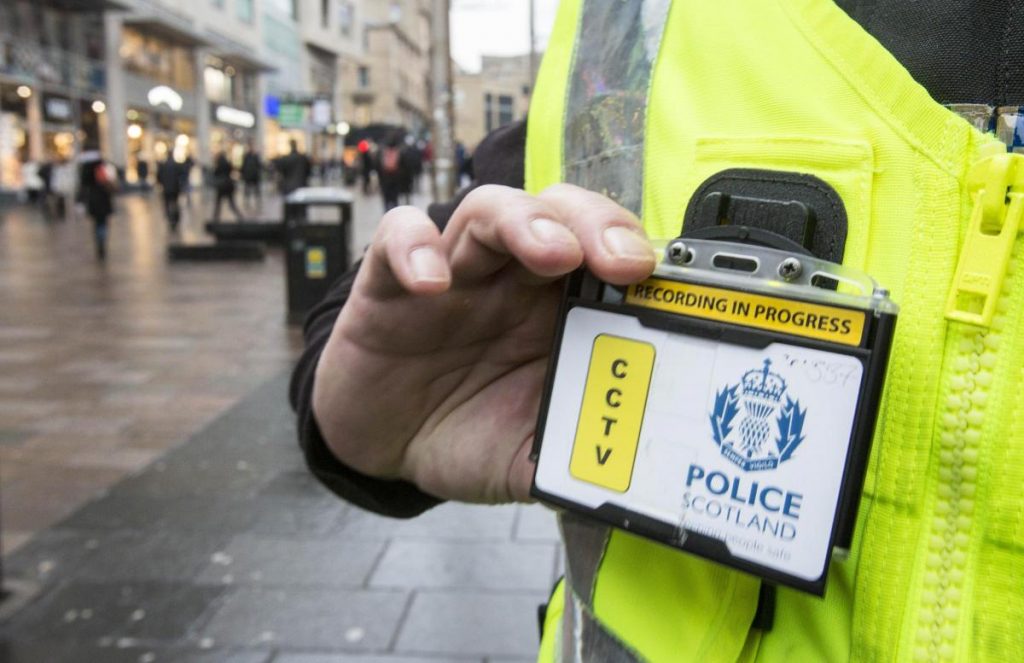Scottish advisory group urges specific and binding rules for biometrics and AI in policing
The foundation for Scottish police to use biometrics and other advanced technologies is in place, but not yet complete. This is the view of Scotland’s Independent Advisory Group on Emerging Technologies in Policing (ETIAG), which has released a report developed over the past two years.
The report addresses emerging technologies such as biometrics and Artificial Intelligence (AI) within the policing context. The information is intended to serve as a framework for how police forces approach these new and often complex technologies while maintaining public trust.
The report outlines various potential benefits and risks associated with using these technologies. It emphasizes the importance of police forces engaging with relevant stakeholders, such as civil society and tech experts, as they develop appropriate governance mechanisms, as well as respecting human rights.
The report notes that with technology rapidly advancing over the last decade, Scotland’s law enforcement agencies must take advantage of more advanced tools to combat crime.
Further, over the past few years, Police Scotland was subjected to criticism from parliamentary committees, human rights organizations across the globe, regulatory agencies and other stakeholders for its failure to comply with established standards regarding safeguarding fundamental human rights.
“It is in this context that the IAG was formed and recently we have seen the establishment of the independent Scottish Biometrics Commissioner (SBC), via the Scottish Biometrics Commissioner Act 2020, whose general function is to support and promote the adoption of lawful, effective, and ethical practices regarding biometric data for criminal justice and police purposes,” the report says.
That said, the study notes legal concerns regarding automated decision-making and the use of AI in predictive policing, which can lead to increased bias and discrimination. Live facial recognition also raises human rights issues and has the potential to be discriminatory, it warns. An ethical and legal assessment framework based on equality and human rights is necessary to reduce risks to public trust and discrimination.
According to the report, research into biometrics in policing found that existing domestic and international legislation, relevant case law, human rights laws, equalities laws, data protection laws and biometrics regulations form a good foundation for Police Scotland to exercise its powers.
However, the report also notes that global research and best practice point to the need for legal frameworks or binding codes of practice, rather than guidelines, when dealing with specific technology applications such as automated decision-making and AI and live facial recognition.
“In relation to the regulation of biometric data by the police however, Scotland is set to become a forerunner as a result of the Scottish Biometrics Commission’s Code of Practice,” notes the report.
The report also put forth several other general recommendations, including providing police officers with the necessary technology training, forming an effective risk management system, developing an open complaint procedure and constructing a public communication plan.







